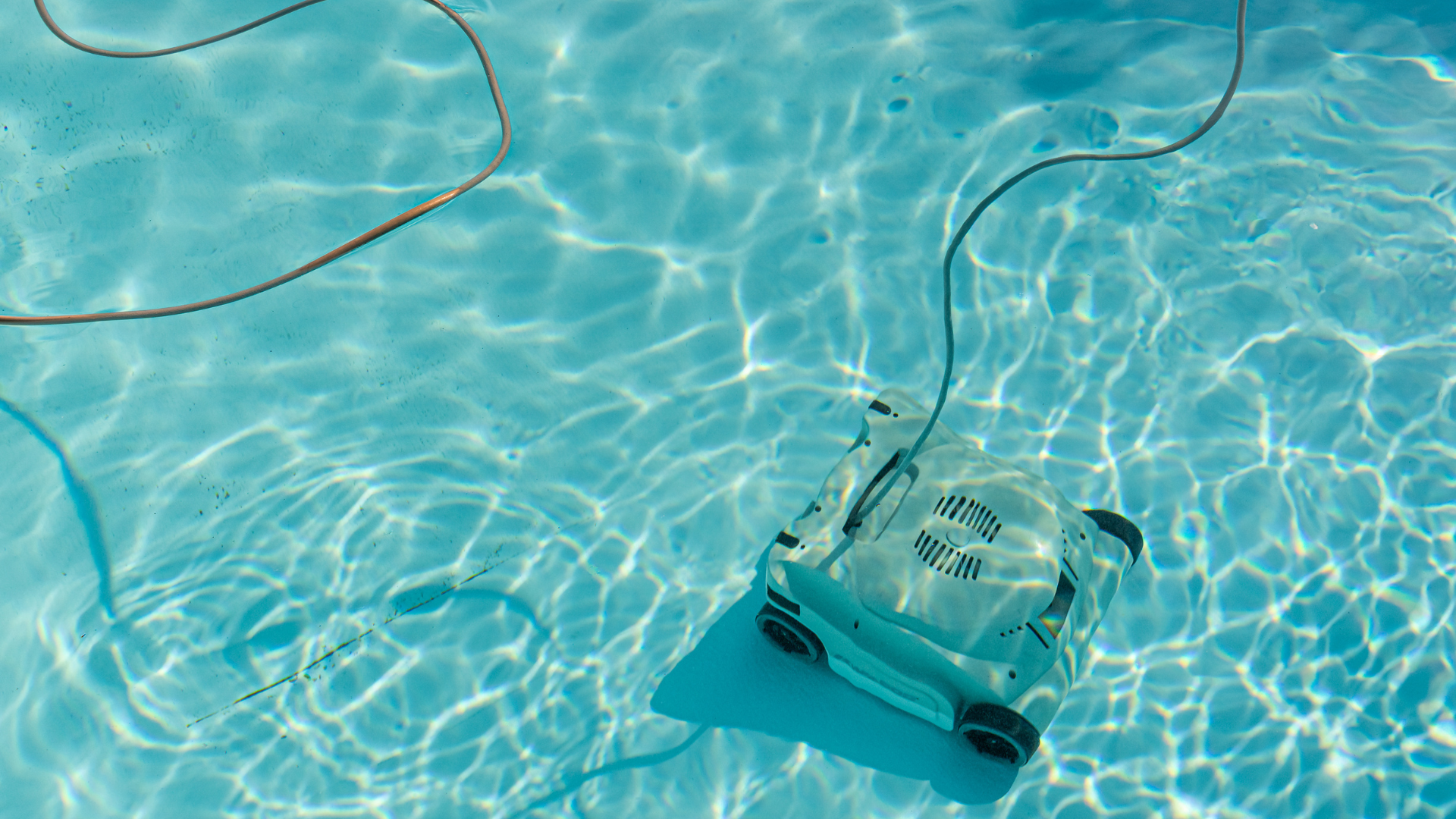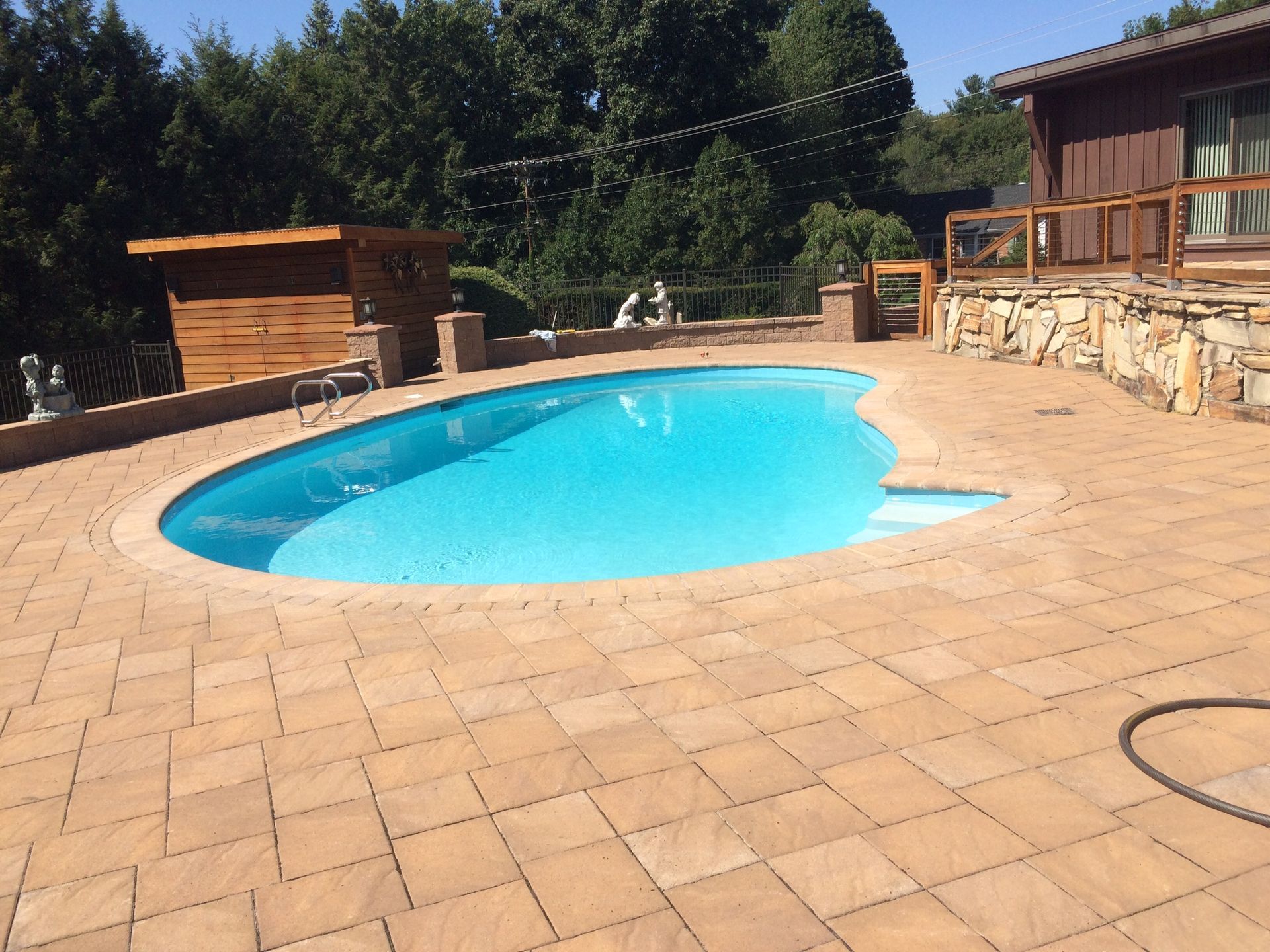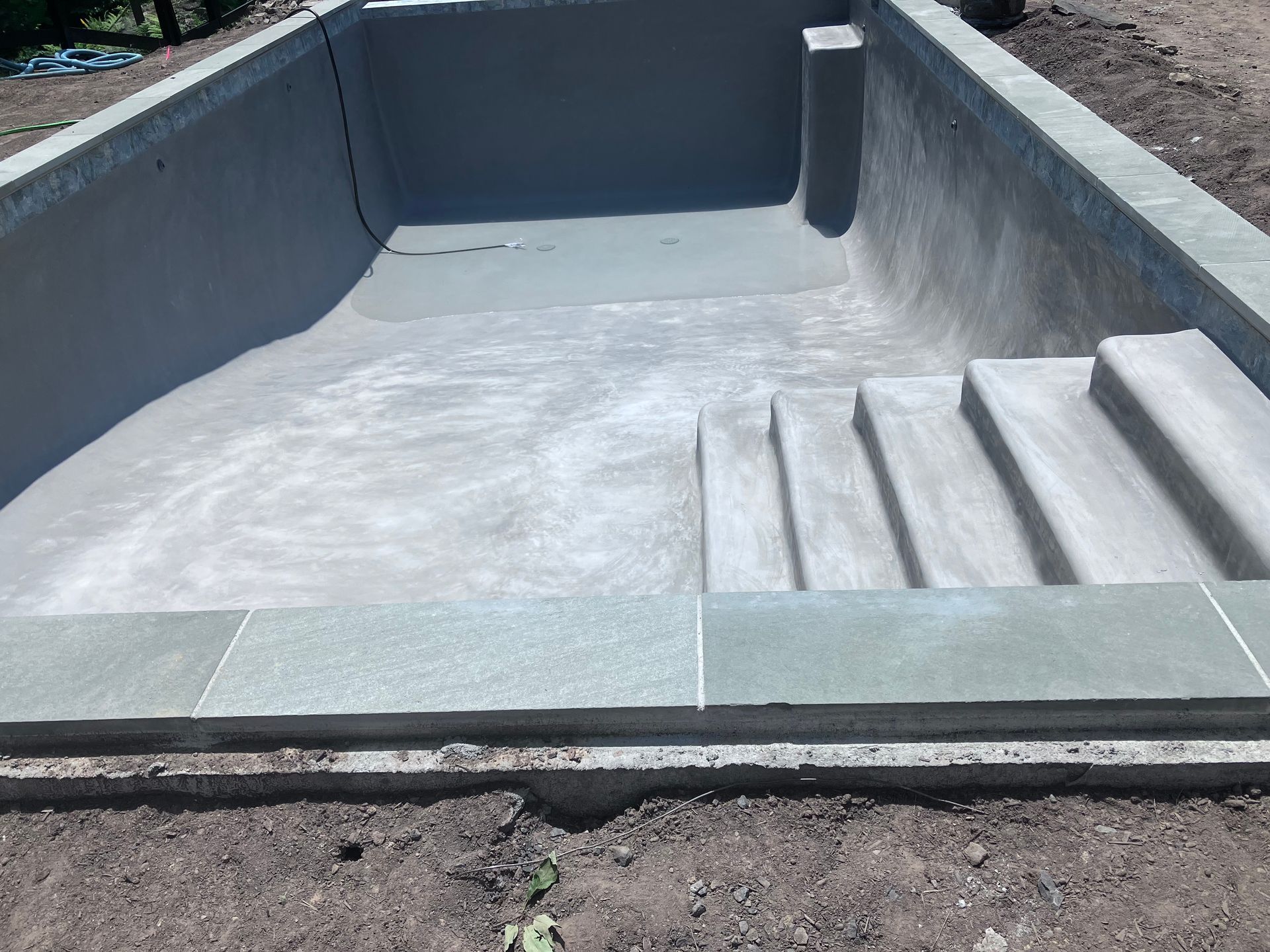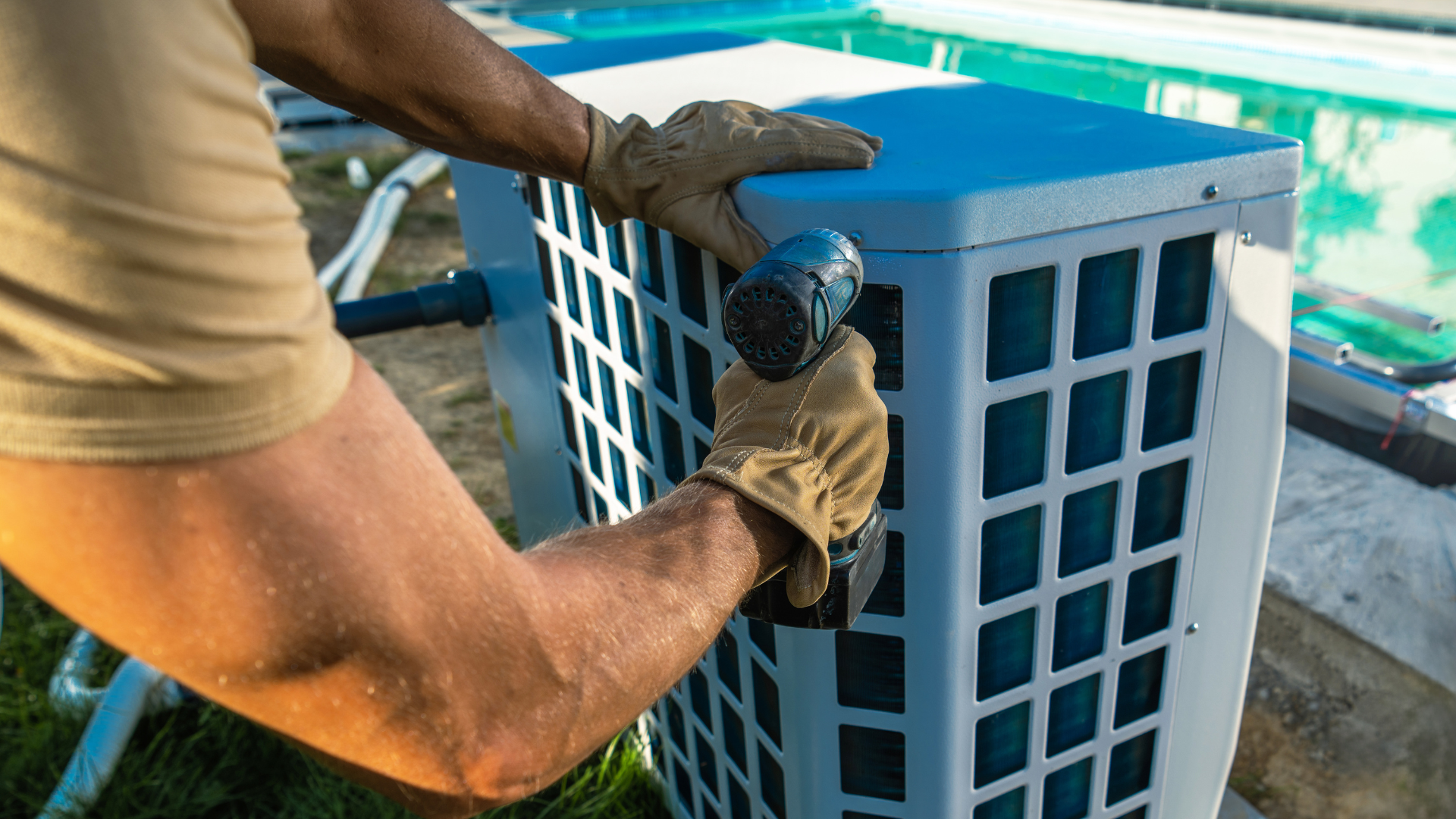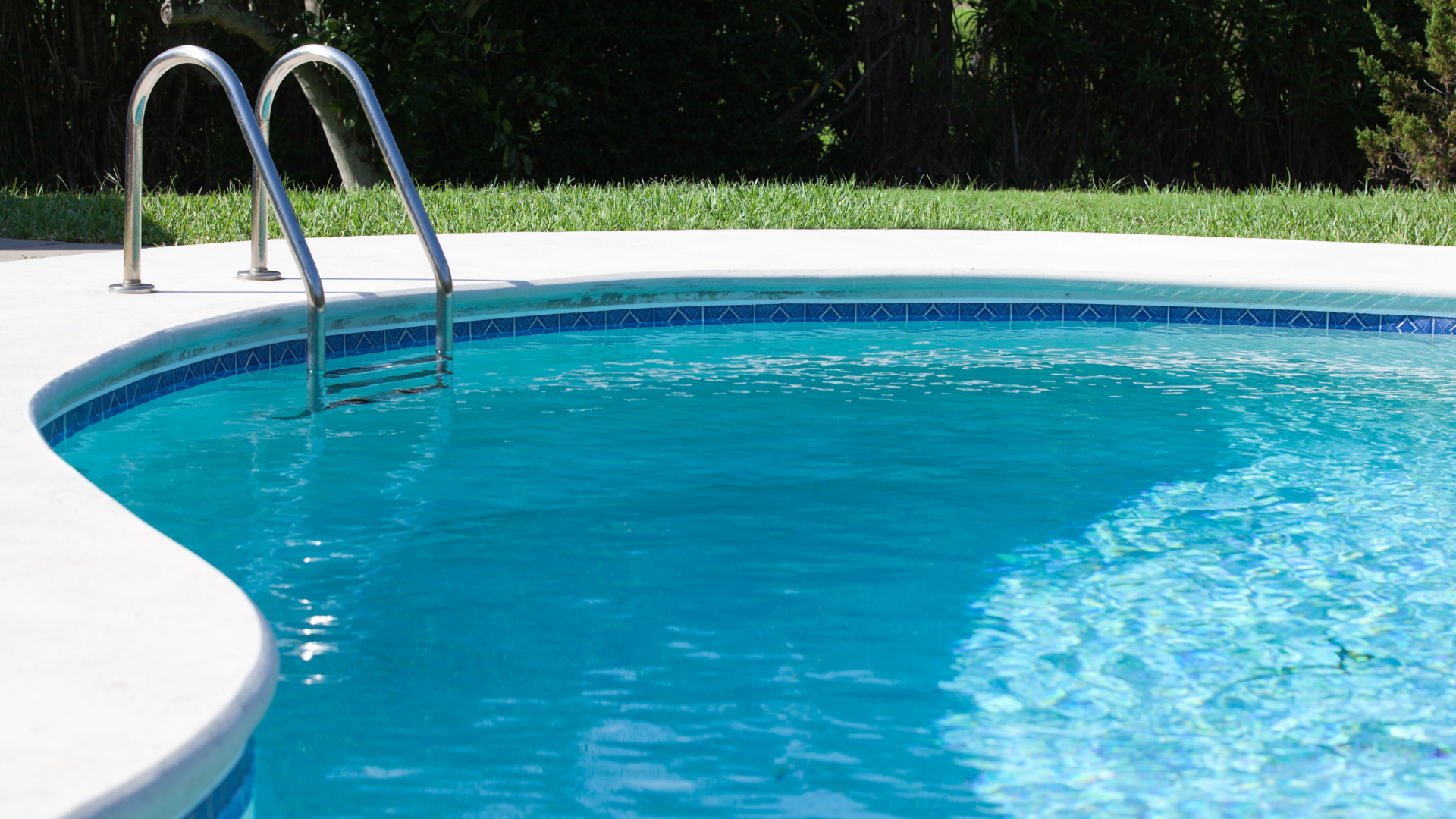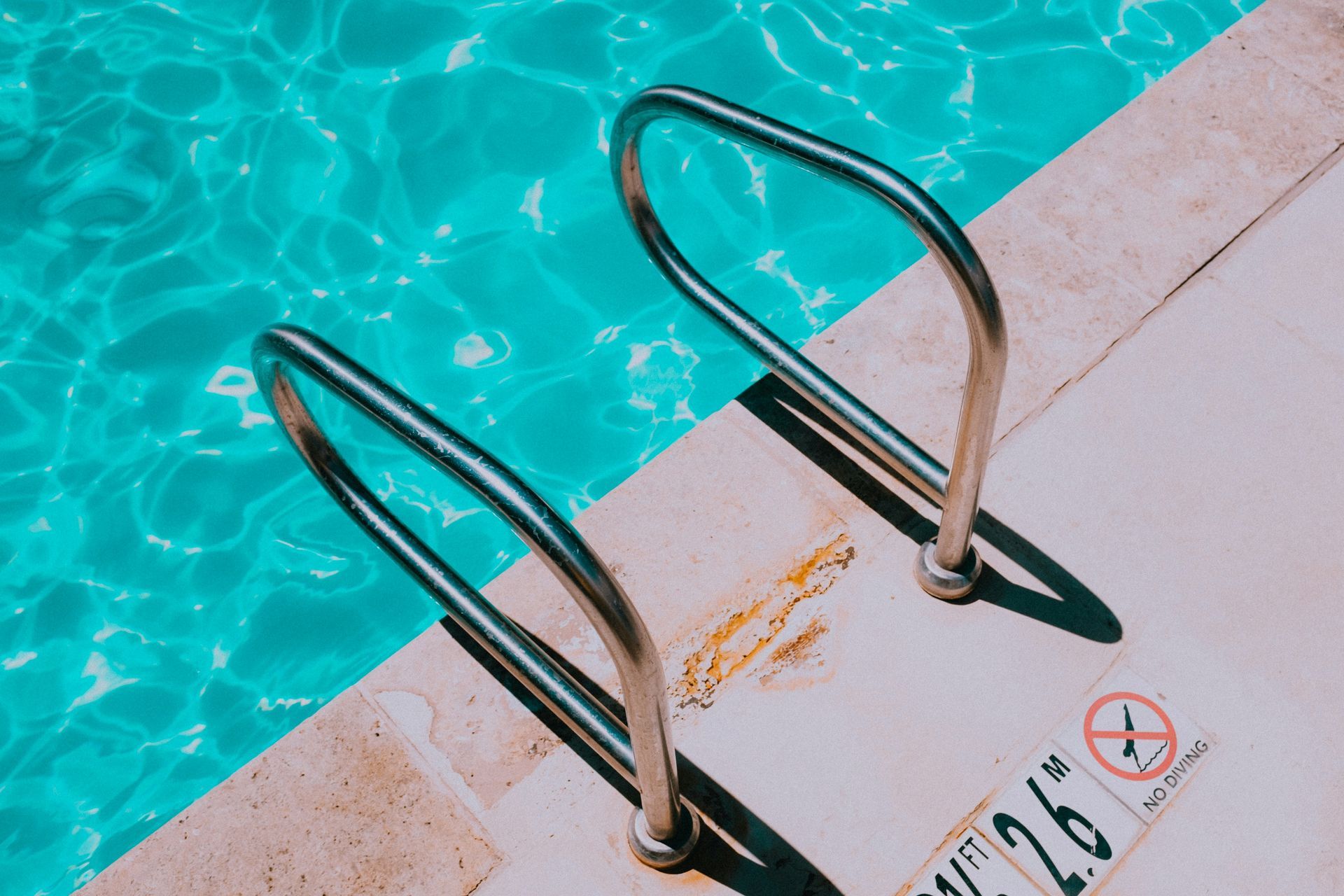Is Your Pool Water Cloudy? Here’s What Might Be Causing It
Why Cloudy Pool Water is a Health Concern
Crystal-clear pool water is not only inviting but also a sign of proper maintenance and safety. When your pool water turns cloudy, it can be both unappealing and a potential health risk. Understanding the underlying causes is essential for effective treatment and prevention.
Common Causes of Cloudy Pool Water
1. Imbalanced Water Chemistry
Maintaining the correct chemical balance is crucial for water clarity. Imbalances in pH, chlorine levels, alkalinity, or calcium hardness can lead to cloudiness. For instance, high pH levels can reduce chlorine’s effectiveness, allowing contaminants to accumulate. The Centers for Disease Control and Prevention (CDC) emphasizes that improper pH levels can make chlorine less effective at killing germs, leading to cloudy water
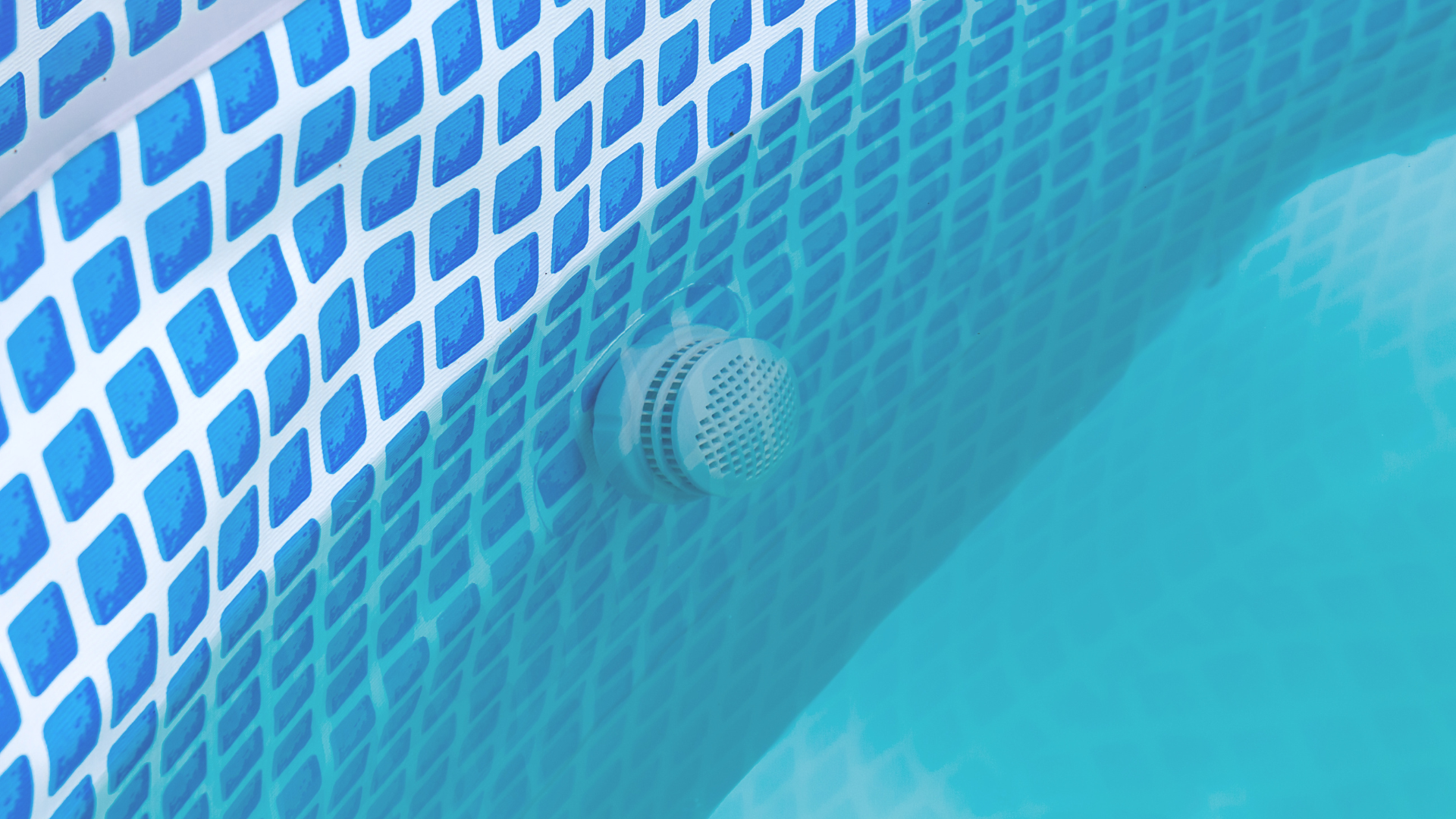
2. Inadequate Filtration
Your pool’s filtration system plays a vital role in removing particles and debris. If the filter is dirty, damaged, or not running for an adequate duration, microscopic particles can remain suspended, causing cloudiness. Recreation Management notes that cloudy water often results from microscopic contaminants too small for the filter to collect, especially if the filter isn’t maintained properly.
3. Environmental Contaminants
External factors like pollen, dust, leaves, and other debris can introduce particulates into your pool. After events like storms or heavy winds, these contaminants can accumulate, overwhelming your pool’s filtration system and leading to cloudy water.
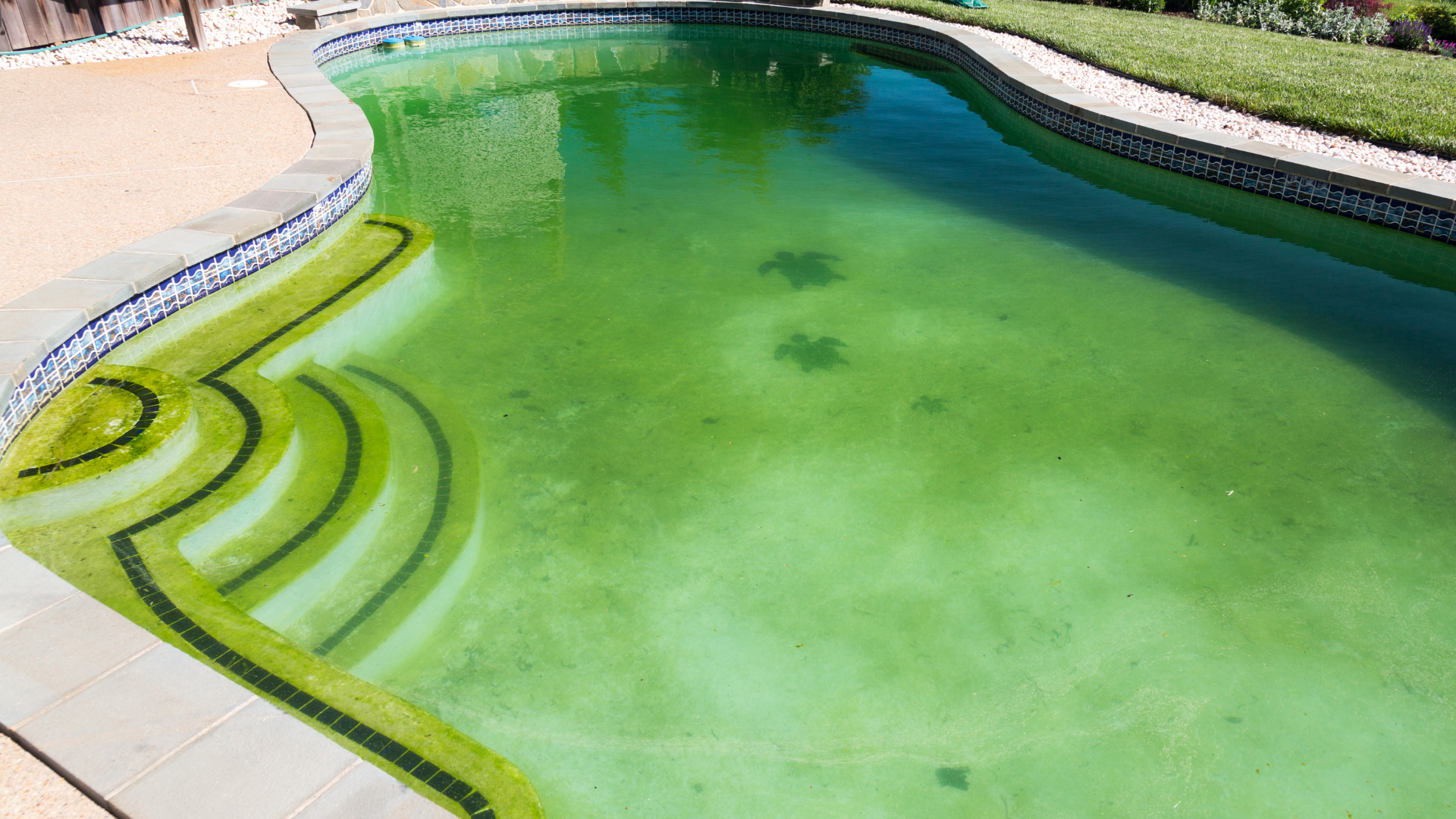
4. Algae Growth
Algae can develop rapidly in pools with insufficient chlorine levels. Even before a full-blown algae bloom turns the water green, early stages can cause cloudiness. Regular monitoring and maintaining appropriate chlorine levels are essential to prevent algae-related cloudiness.
5. High Calcium Hardness
Elevated calcium levels can lead to calcium carbonate precipitation, resulting in a milky or cloudy appearance. This is especially common in areas with hard water or when calcium-based products are overused.
Orenda Technologies explains that high calcium hardness combined with high pH can cause calcium carbonate to come out of solution, clouding the water.

Health Implications of Cloudy Water
Beyond aesthetics, cloudy pool water can pose health risks. Reduced visibility increases the risk of drowning, especially for children. Moreover, cloudy water can indicate inadequate disinfection, allowing harmful pathogens to thrive.
The CDC warns that swimming in cloudy water can expose individuals to bacteria and parasites, leading to illnesses like swimmers’ ear or gastrointestinal infections.
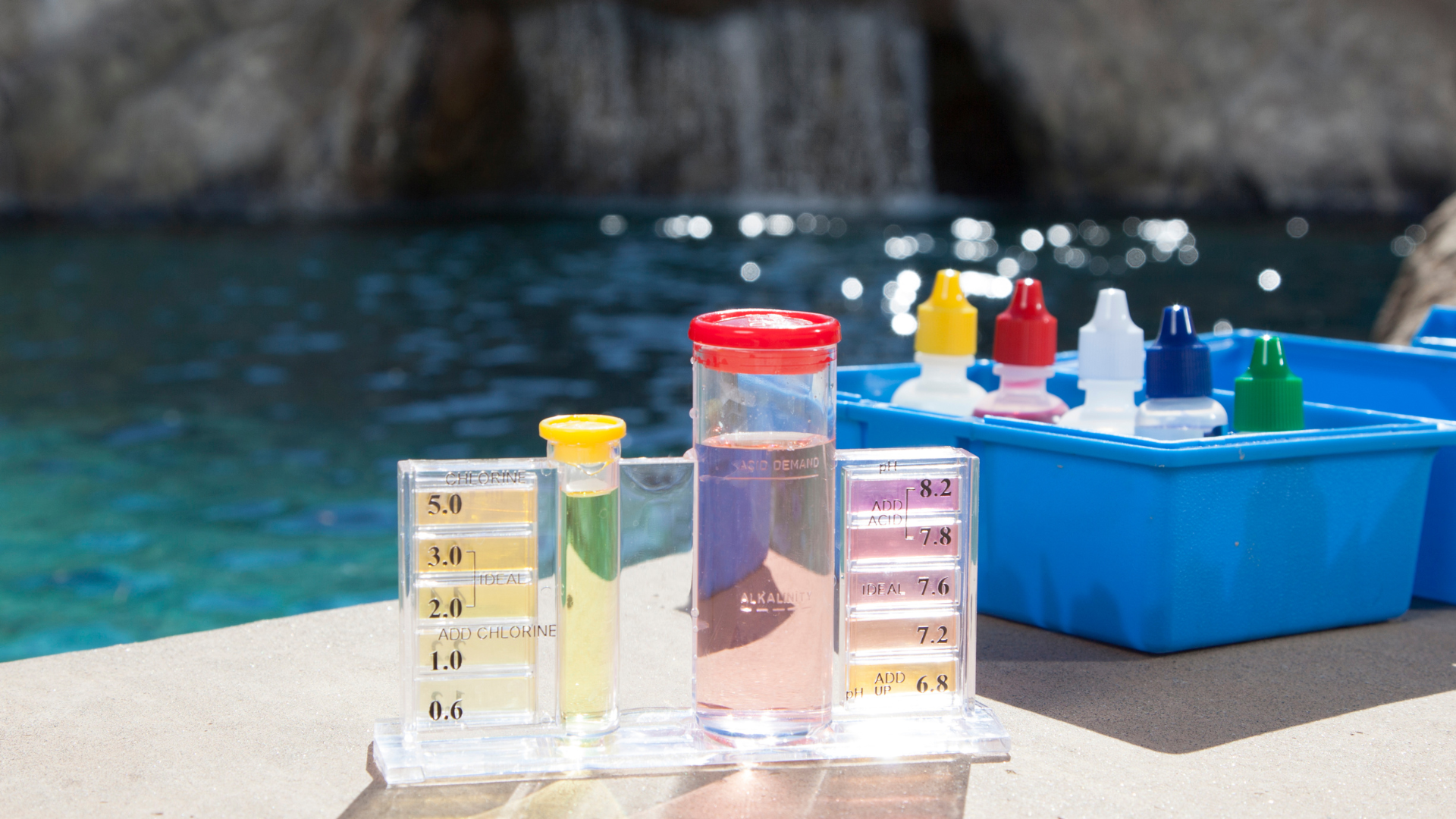
Steps to Clear Cloudy Pool Water
- Test and Balance Water Chemistry: Use a reliable test kit to check pH, chlorine, alkalinity, and calcium hardness levels. Adjust as necessary to bring all parameters within recommended ranges.
- Inspect and Maintain the Filtration System: Clean or replace filters as needed. Ensure the system runs for at least 8–12 hours daily to effectively circulate and filter the water.
- Remove Debris Promptly: Skim the pool surface regularly and vacuum the bottom to eliminate organic matter that can contribute to cloudiness.
- Shock the Pool: If chlorine levels are low, perform a shock treatment to eliminate contaminants. Be cautious, as improper shocking can sometimes exacerbate cloudiness.
- Use Clarifiers or Flocculants: These products can help aggregate tiny particles, making them easier for the filter to capture or settle to the bottom for vacuuming.
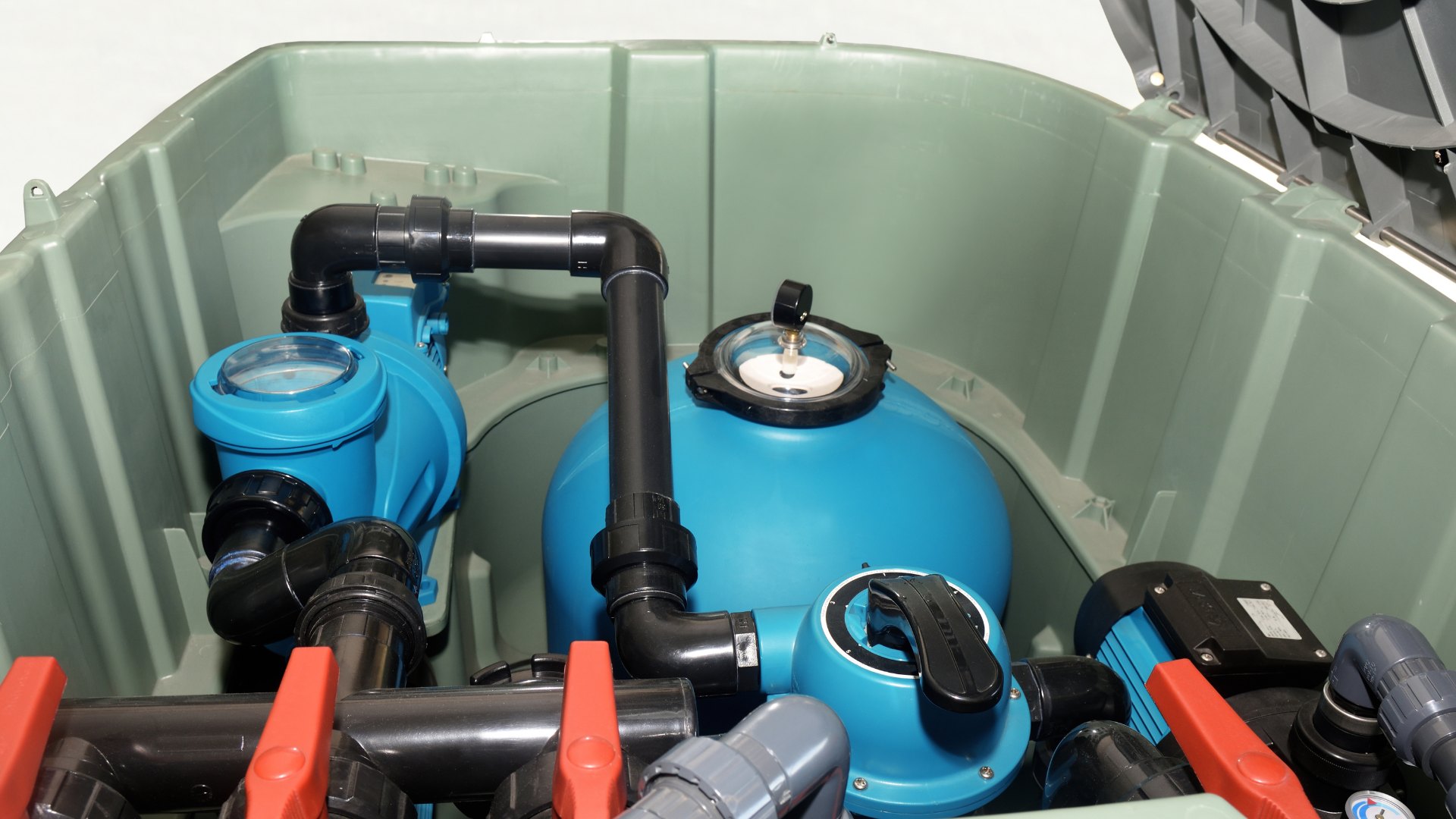
Preventative Measures
- Regular Testing: Monitor water chemistry at least once a week, adjusting chemicals as needed.
- Consistent Filtration: Ensure your filtration system is running efficiently and for adequate durations daily.
- Routine Cleaning: Skim, brush, and vacuum your pool regularly to prevent debris accumulation.
- Manage Calcium Levels: Be mindful of calcium hardness, especially if using calcium-based products or living in areas with hard water.
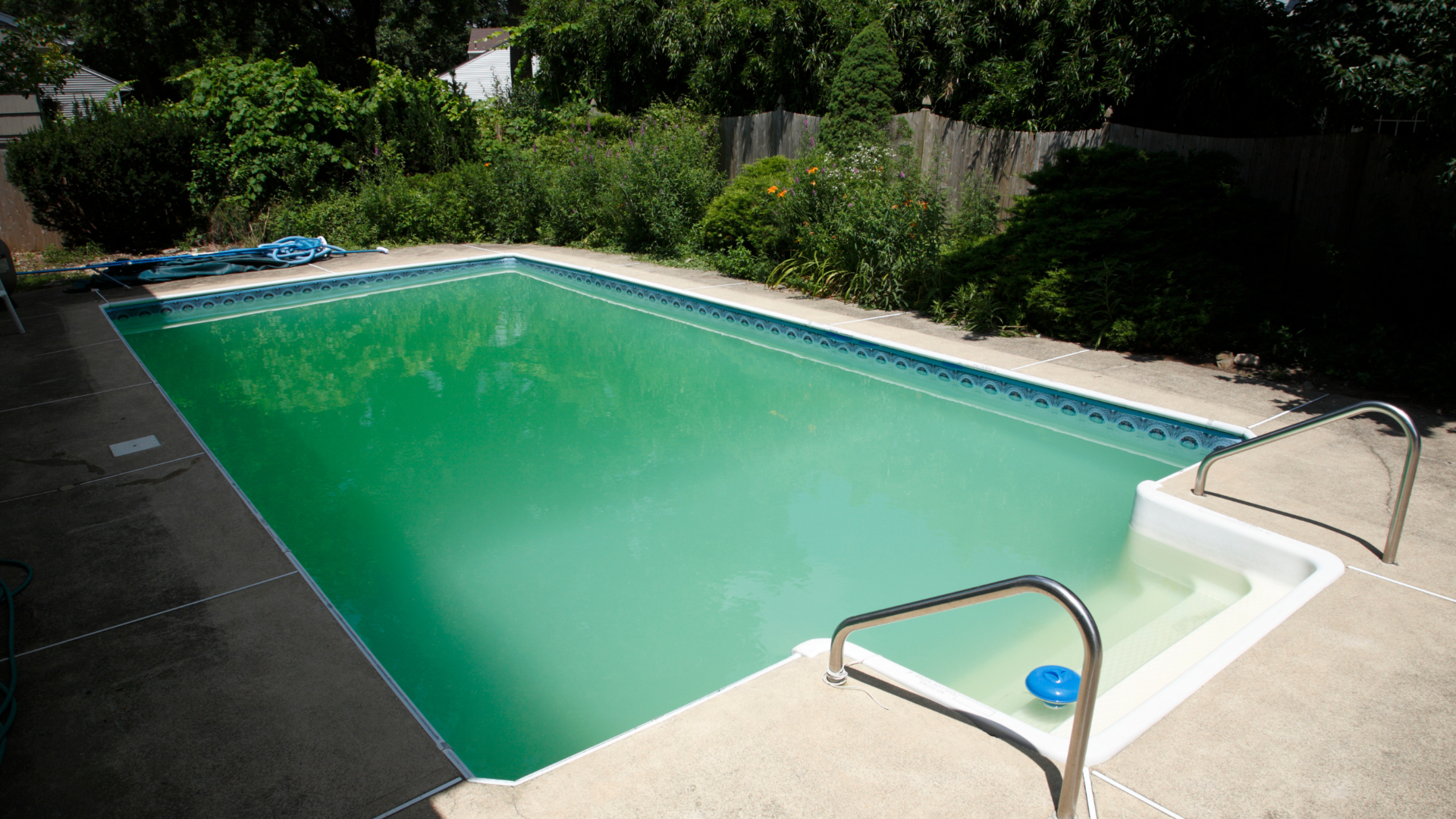
Cloudy pool water is more than just an eyesore; it can signal underlying issues that compromise water quality and safety. By understanding the common causes and implementing regular maintenance practices, you can ensure your pool remains clear, inviting, and safe for all swimmers.
When your pool needs maintenance, call the experts at The Pool Chemist to make sure that you and your family have a wet and wild summer!


